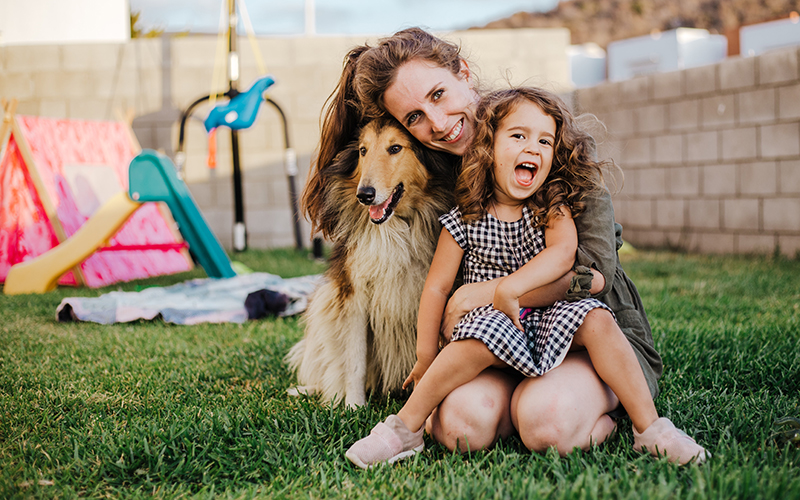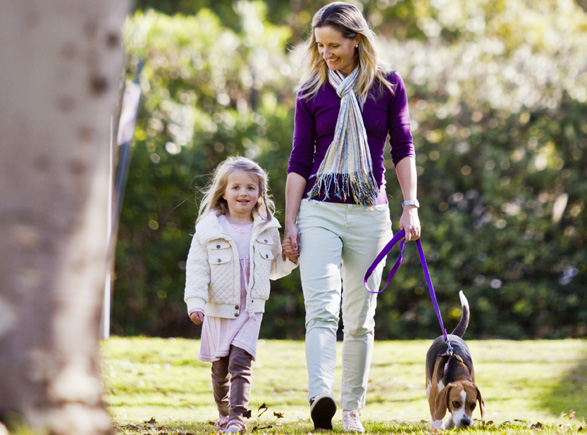Search
Our Child Physical Activity, Health and Development team focuses on improving children’s physical activity levels, health and development. We work to uncover the best environments, policies and programs to facilitate physically active lifestyles for lifelong health and wellbeing.

News & Events
More pedestrians, less cars: Researchers call for shopping strip overhaulResearchers have identified 10 Australian shopping strips where the removal of on-street parking would transform the area’s liveability.

News & Events
Premier’s Science Awards finalists recognised for work in physical activity, cancer and mental healthFour The Kids Research Institute Australia researchers from a diverse range of fields have been named as finalists for the prestigious 2022 Premier’s Science Awards.

News & Events
Family dogs help kids move and sleep more: new studyResearchers exploring the potential health benefits of pets have found children who regularly walk and play with a family dog are more active, have less screen time, and sleep more.

News & Events
Dogs are more than companions, they are great for our mental wellbeingA new study has highlighted the positive impact dog ownership has on our mental health.
Research
Incorporating Children's VoicesInforming urban planning and policy development to grow equitable access to healthy environments for young people and their families.
Physical activity is critical during the early years of life for a child’s health and development.
Research
Play Active Program – physical activity policy and training for Early Childhood Education and CarePlay Active is a national, low-cost, evidence-based program to boost energetic play in early childhood education and care. It offers free professional development for educators.

With rising levels of physical and mental health issues, ensuring children establish good physical activity behaviours early in life is more important than ever.
Research
PLAYCE Cohort Study: Moving well for optimal child health and developmentThe PLAYCE Cohort was established to investigate how movement behaviours change over early to late childhood, across key behaviour settings and relationships with health and development
